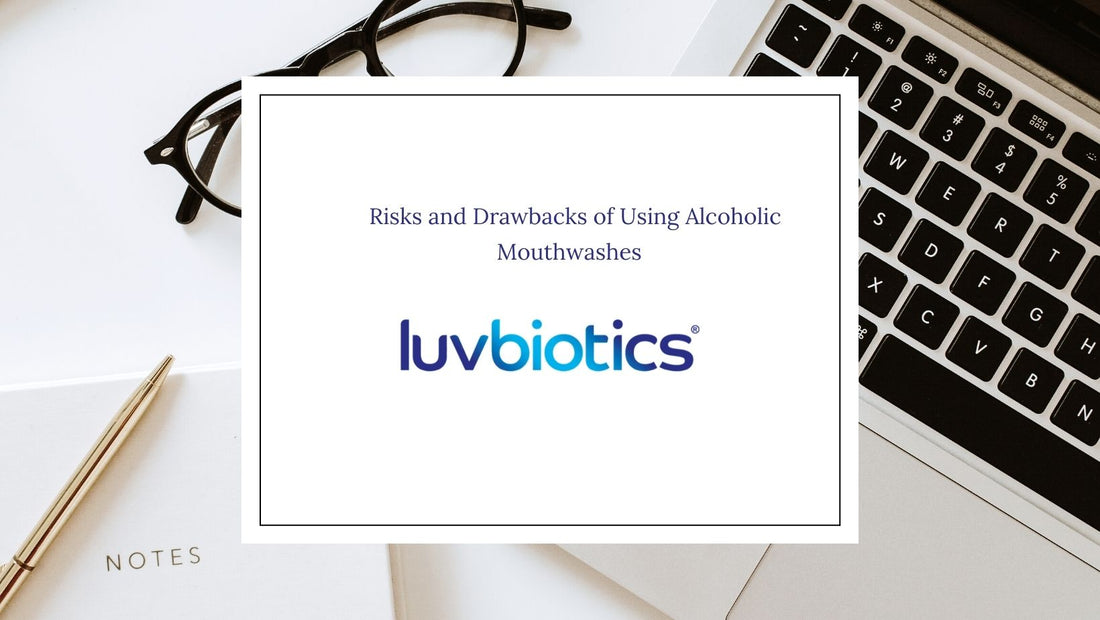Alcohol-based mouthwash has been a popular oral hygiene product for decades. It is marketed to freshen your breath, kill germs, and prevent cavities. However, recent studies have shown that alcohol-based mouthwash can have negative effects on the oral microbiome. In this blog post, we will discuss how alcoholic mouthwash can damage the oral microbiome and what alternatives you can use for better oral health.
The oral microbiome is a complex ecosystem of microorganisms that live in our mouths. This includes bacteria, viruses, fungi, and other microbes. These microorganisms play a crucial role in our oral and overall health. They help to maintain the pH balance of the mouth, protect against harmful bacteria, and aid in digestion.
Alcohol-based mouthwash can disrupt the delicate balance of the oral microbiome. Alcohol is a powerful antimicrobial agent that can kill both good and bad bacteria in the mouth. While this may sound like a good thing, it can actually do more harm than good. By killing off good bacteria, alcohol-based mouthwash can create an imbalance in the oral microbiome, leaving the mouth susceptible to infection and disease.
Furthermore, alcohol-based mouthwash can cause dry mouth condition , which can lead to bad breath and tooth decay. A dry mouth occurs when the mouth does not produce enough saliva. Saliva helps to neutralize acids in the mouth and wash away food particles and bacteria. Without enough saliva, bacteria can thrive and cause cavities and other dental problems.
So, what can you do to maintain a healthy oral microbiome without using alcohol-based mouthwash? One alternative is to use a non-alcoholic mouthwash. These mouthwashes are just as effective at killing germs without disrupting the balance of the oral microbiome. Another alternative is to use natural remedies like oil pulling or herbal rinses. Oil pulling involves swishing oil in your mouth for a few minutes to remove bacteria and toxins. Herbal rinses use natural ingredients like tea tree oil, peppermint oil, and chamomile to freshen your breath and promote oral health.
In conclusion, alcohol-based mouthwash can damage the oral microbiome, leading to a range of oral health problems. It is important to consider alternatives to maintain a healthy balance of microorganisms in the mouth. By using a non-alcoholic mouthwash or natural remedies, you can promote oral health and prevent disease.

